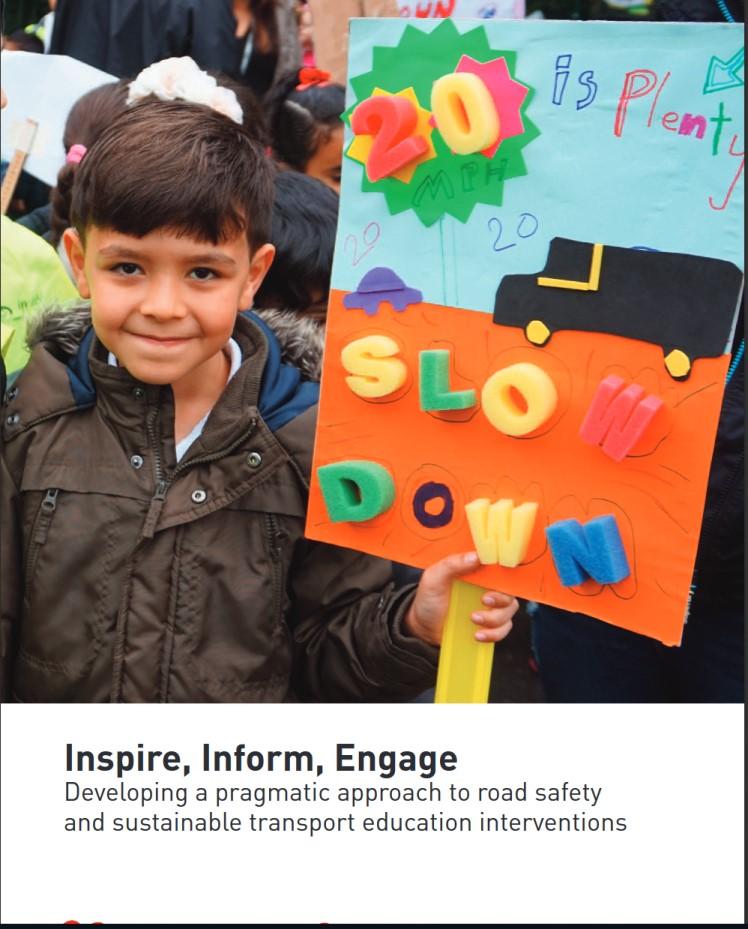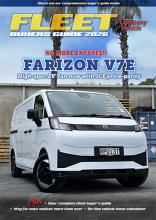In advance of Road Safety Week, 8-14 May, Brake the road safety charity has published a guidance report that aims to help practitioners and campaigners develop practical approaches to education interventions on road safety and sustainable travel.
The Inspire, Inform, Engage report, produced thanks to support from Suzuki New Zealand, looks at developing a pragmatic approach to education interventions related to safe, sustainable, healthy and fair transport, either in organisational settings such as schools or companies, or through wider communication campaigns.
The report looks at current research and evidence from academics in the fields of transport psychology and health education, and helps practitioners to set realistic outcome goals and monitor and evaluate against those goals. It discusses the legitimacy of education and communication as a means to raise awareness of, and inspire action for, road safety issues, but also explains recent evidence that long-term attitudinal and behavioural change is difficult to achieve and measure as a result of single interventions.
The report is available for free to everyone at: www.brake.org.nz/info-resources2/1310-report-inspire-inform-engage.
Members of Brake Professional, Brake’s service for those working to reduce incidents involving at-work drivers, can also access it through www.brakepro.org.
Mary Williams, Brake chief executive says: “Traditional road safety education and communication has focused on attitudinal and behavioural change, which current research shows is difficult to achieve quickly or through one initiative – it often requires a combination of things including enforcement and repetition of messaging over long periods of time. This doesn’t mean that road safety and sustainable travel education should be abandoned though; it has a key role to play in informing people about the issues, deepening their knowledge and inspiring action to help save lives, including for example campaigning in communities for measures that slow down traffic. This free report is valuable for a range of practitioners and campaigners and I encourage anyone who works in the field, or has an interest in this topic, to access it.”



